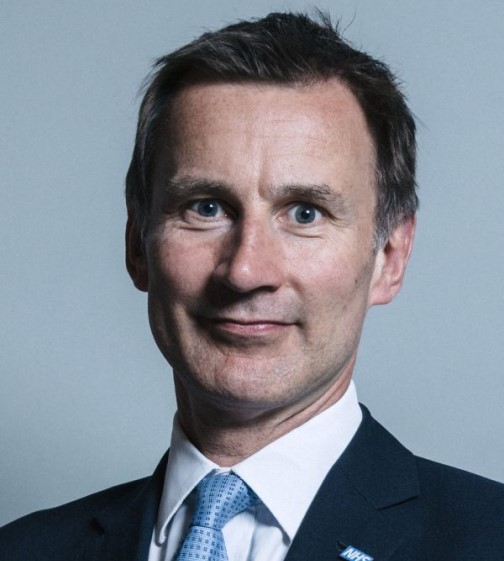'Inflation is on the way down as the Bank of England wins the tug of war versus the government’s attempt to stimulate economic growth.'
This is a scenario that could play out in markets and looks even more likely after former chancellor Kwasi Kwarteng was axed last Friday and replaced by Jeremy Hunt.
Kwarteng’s mini-Budget last month sent markets into meltdown as the unfunded plans caused concerns that the government would turn on the fiscal taps to reboot the economy at a time when the Bank of England is trying to stem rampant inflation by raising interest rates – a naturally unfriendly policy for economic growth.
However, today Hunt announced that he would scrap almost all of the policies anounced in Kwarteng’s mini-Budget, cancelling numerous tax reductions and even hinting at rises in certain areas.
In this new series, Trustnet will take you through the four main possible outcomes: the Bank wins and inflation falls, but at the cost of growth; the government wins with growth higher but inflation is still out of control; a ‘doomsday’ scenario of higher inflation and weak growth; and finally the ‘goldilocks’ option, with inflation down and growth on the rise.
Here we start with perhaps the most likely outcome: the Bank wins the tug of war.
Michel Perera, chief investment officer at Canaccord Genuity Wealth Management, said it is “almost inevitable” that if the Bank of England succeeds in bringing inflation down, a recession would be on the cards.
In this scenario, UK growth would trend to its average of the past decade, which according to the Organisation for Economic Co-operation and Development (OECD) is 1.8%. This is a far cry from the current objective, but a “more realistic trend”.
“Assuming that massive fiscal stimulus at a time of high inflation is likely to succeed in moving the needle on growth is at the very least unrealistic and so we shouldn’t take the rhetoric into account,” he said.
“For the UK to have a ballooning budget deficit and a massive trade deficit without major currency depreciation and financial markets crowding out the government is a kind of ‘impossible trinity’. So something has to give, and it is likely to be the fiscal stimulus because the Bank of England won’t be able to stem gilt outflows forever more.”
Robert Harrison, head of research at Progeny Asset Management, said if inflation came under control but growth was stagnant, then the environment would look similar to that of pre-Covid.
In this scenario, interest rates would end up lower than anticipated and the Bank could even lower rates and return to quantitative easing, or at the very least put a stop to quantitative tightening.
Laith Khalaf, head of investment analysis at AJ Bell, said he too would expect a rotation back from value into growth stocks.
“These stocks would benefit from a lower discount rate being applied to more distant cashflows, and a fresh premium being placed on companies that can produce rising profits, even if the economy is going sideways,” he said.
Harrison agreed, noting that cyclical stocks would likely underperform with a weaker economic backdrop, while banks would suffer due to lower interest rate margins.
“A fall in interest rates would be positive for bond markets and higher duration bonds, as well as assets with higher yields, including infrastructure and long-leased property,” he added.
Tom Sparke, investment manager at GDIM, said in this stagflationary environment, investors would want to borrow from both the recession and inflation playbooks and carefully choose assets that worked with both.
“This immediately excludes consumer-sensitive industries such as travel and leisure, as we would expect disposable income to be squeezed and unemployment to be on the rise,” he said.
He would also move away from industries with higher raw costs that cannot be easily passed on, which may include some elements of construction and selected service sectors.
Meanwhile, from the recession playbook, he would look to move towards companies that are still making profits, produce consumer staples and have secure, net-cash balance sheets, as the cost of borrowing would be likely to increase, too.
“Monopolistic companies with strong competitive advantages would form key parts of a robust portfolio and we would expect better performance from large- and mega-cap organisations too,” Sparke said.
Perera noted that there could be some short-term side effects to the stagflationary scenario, including a recession if inflation is brought down.
“In that scenario, gilts would outperform, sterling could rally (as imports collapse) and UK small-to-mid-cap equities would suffer – but large-caps could do well given their international exposure,” he said.






